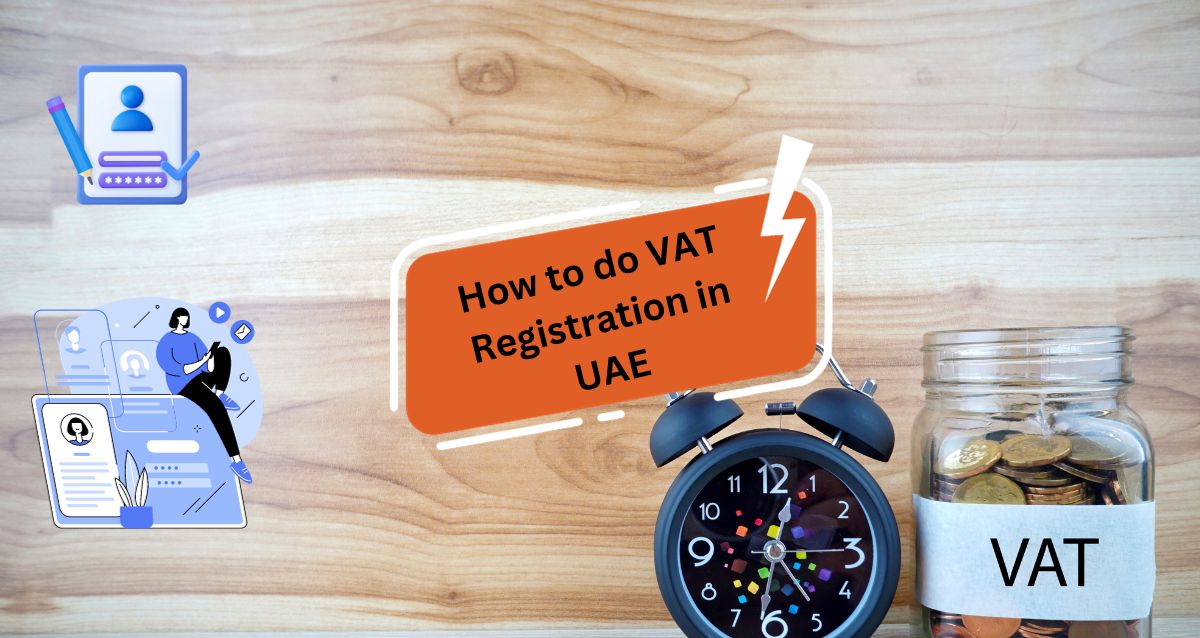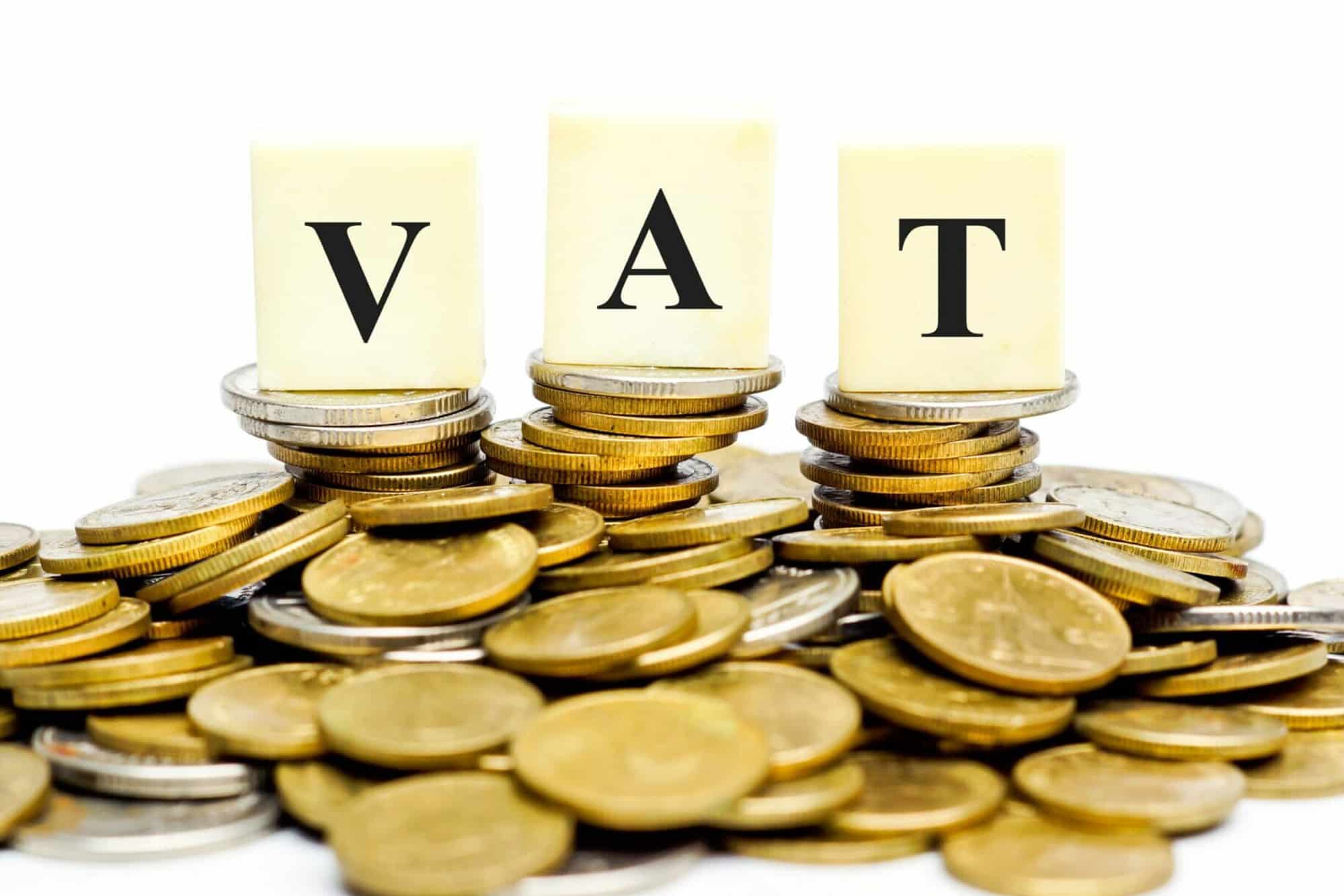Value Added Tax
Value Added Tax (VAT) in UAE was introduced in January 2018 at a standard rate of 5%. For Indian businesses, it is good to know that VAT is an indirect tax imposed on most supplies of goods and services that are bought and sold. It is a type of general consumption tax, similar to the Goods and Services Tax (GST) in India and one of the most common consumption tax found around the world. Over 150 countries have implemented VAT or an equivalent system.
UAE Federal and Emirate governments provide citizens and residents with many public services – hospitals, roads, public schools, parks, waste control, police services etc. These services are paid by government budgets. VAT provides the country with a new source of income to continue to provide high quality public services in future. It also helps the government to move towards its vision of reducing its dependence on income from oil and other hydrocarbons.
VAT is charged at each step of the “supply chain”. The ultimate consumers generally bear the VAT cost, while businesses are responsible to collect and account for the tax. In essence your UAE business acts as a tax collector on behalf of the government.
VAT for Businesses
Registering for VAT
A business in UAE must register for VAT if its taxable supplies and imports exceed the mandatory registration threshold of AED 375,000.
A business may also register for VAT voluntarily if its supplies and imports are less than the mandatory registration threshold but more than the voluntary registration threshold of AED 187,500.
A business may also register voluntarily if its expenses exceed the voluntary registration threshold. This is especially designed for start up businesses including Indian entrepreneurs to register for VAT even without turnover.
VAT-related responsibilities of businesses
All Indian owned businesses in UAE need to maintain records of their financial transactions and ensure that these records are accurate and up to date. Businesses that meet the minimum annual turnover requirement (as evidenced by their financial records) need to register for VAT. Businesses that don’t think they should be VAT registered should maintain their financial records in any case, in case FTA needs to verify whether they should be.
VAT-registered businesses generally:
- Must charge VAT on taxable goods or services they supply;
- May reclaim any VAT they have paid on business related goods or services;
- Must keep a range of business records which will allow the government to verify that they are compliant with the laws and regulations.
If you are a VAT registered business, you must report the amount of VAT you have charged and the amount of VAT you have paid to the government on a regular basis. This is done by filing a VAT Return on the EmaraTax portal. If you have charged more VAT than you have paid, you must pay the difference to the government. If you have paid more VAT than you have charged, you can reclaim the difference by submitting a VAT Refund application.
Zero-rated sectors
VAT will be charged at 0% in respect of the following main categories of supplies:
- Exports of goods and services to outside the GCC.
- International transportation, and related supplies.
- Supplies of certain sea, air and land ml;l;eans of transportation (such as aircrafts and ships.
- Certain investment grade precious metals (e.g. gold, silver, of 99% purity).
- Newly constructed residential properties,ssthat are supplied for the first time within three years of their construction.
- Supply of certain education services, and supply of relevant goods and services.
- Supply of certain healthcare services, and supply of relevant goods and services.
VAT-exempt sectors
The following categories of supplies will be exempt from VAT:
- Supply of some financial services (as clarified in VAT legislation).
- Residential properties.
- Bare land.
- Local passenger transport.
Partial exemption
When a VAT registered business in UAE incurs input tax on its business expenses, this input tax can be recovered in full if it relates to a taxable supply made by the business. In contrast, where the expense relates to a non-taxable (e.g., exempt) supply, the registered person may not recover the input tax paid.
In certain situations, an expense may relate to both taxable and non-taxable supplies (such as in the banking sector). In these circumstances, the registered business would need to apportion the input tax between its taxable and non-taxable (exempt) supplies.
Businesses are expected to use the input tax ratio (of recoverable to total) as the primary basis for apportionment. However, there is a facility to use other methods where they are fair and agreed upon with the Federal Tax Authority (FTA).
Government Entities and VAT purposes
Government entities in the UAE are generally subject to VAT. This ensures that government entities are not unfairly competitive with private businesses.
Some supplies by government entities will be outside the scope of VAT if not in competition with the private sector or where the entity is the sole provider of such supplies. Some government entities are also entitled to VAT refunds to avoid budgeting issues and to have a level playing field between outsourced and insourced activities.
For supplies to government entities, the VAT treatment is based on the supply itself and not on the recipient. So if your Indian business supplies are subject to standard rate, the treatment will remain the same even if supplied to a government entity.


